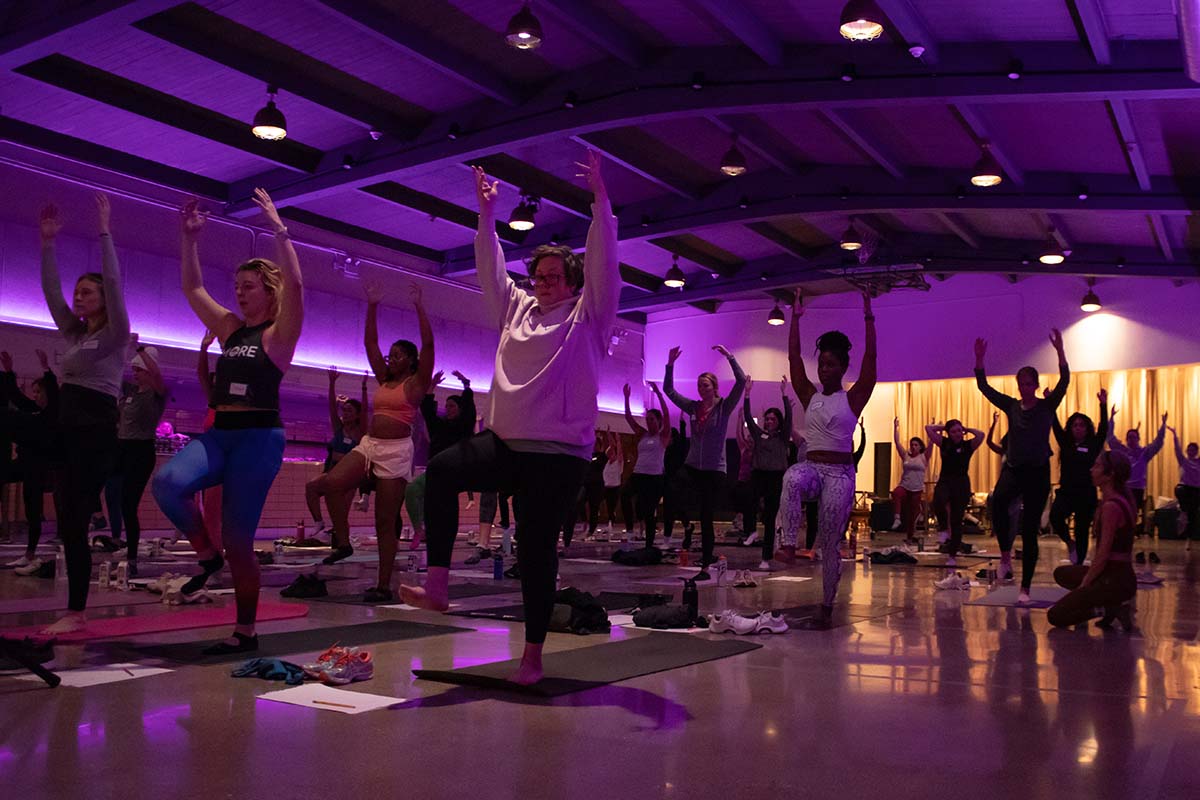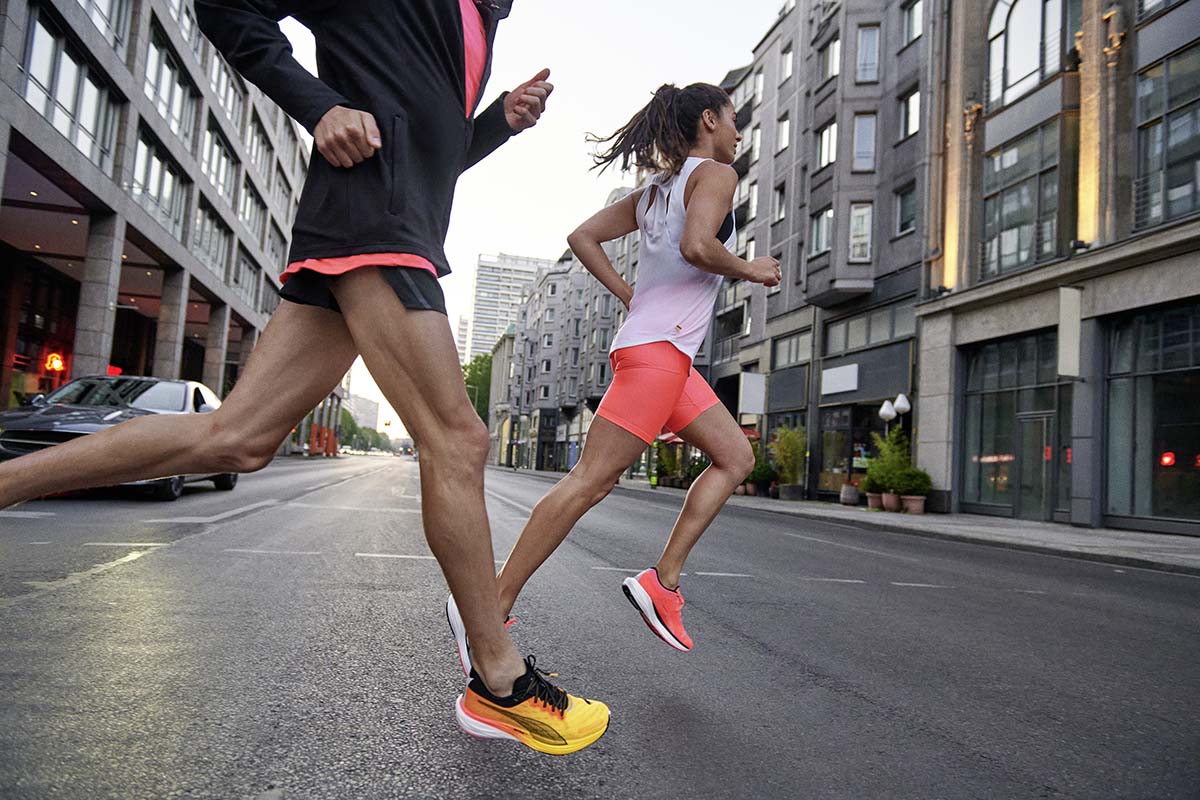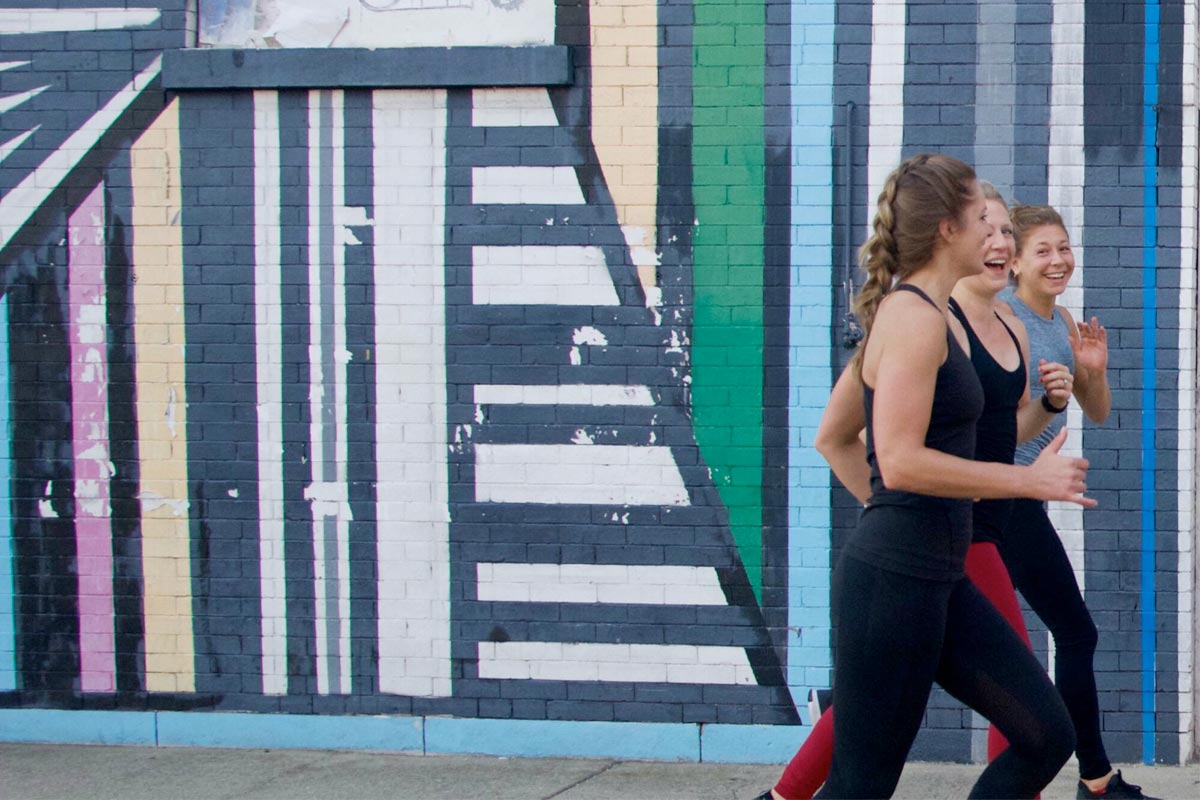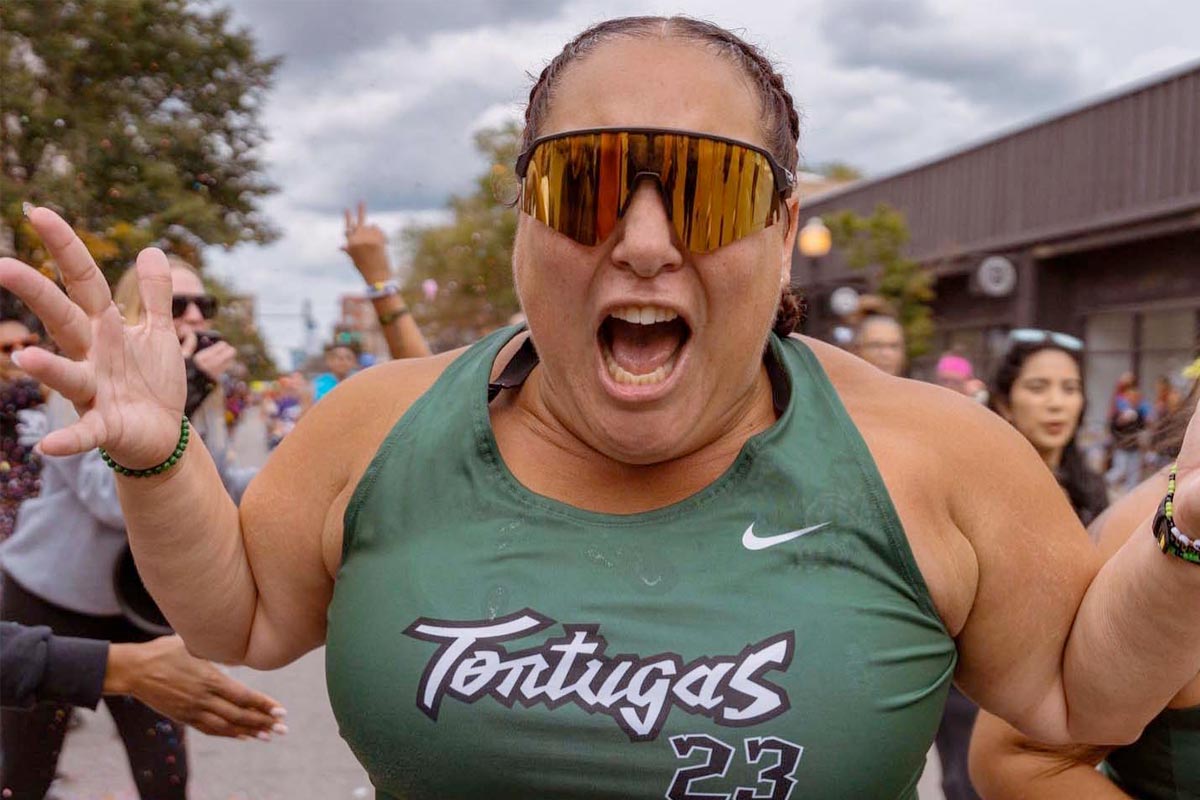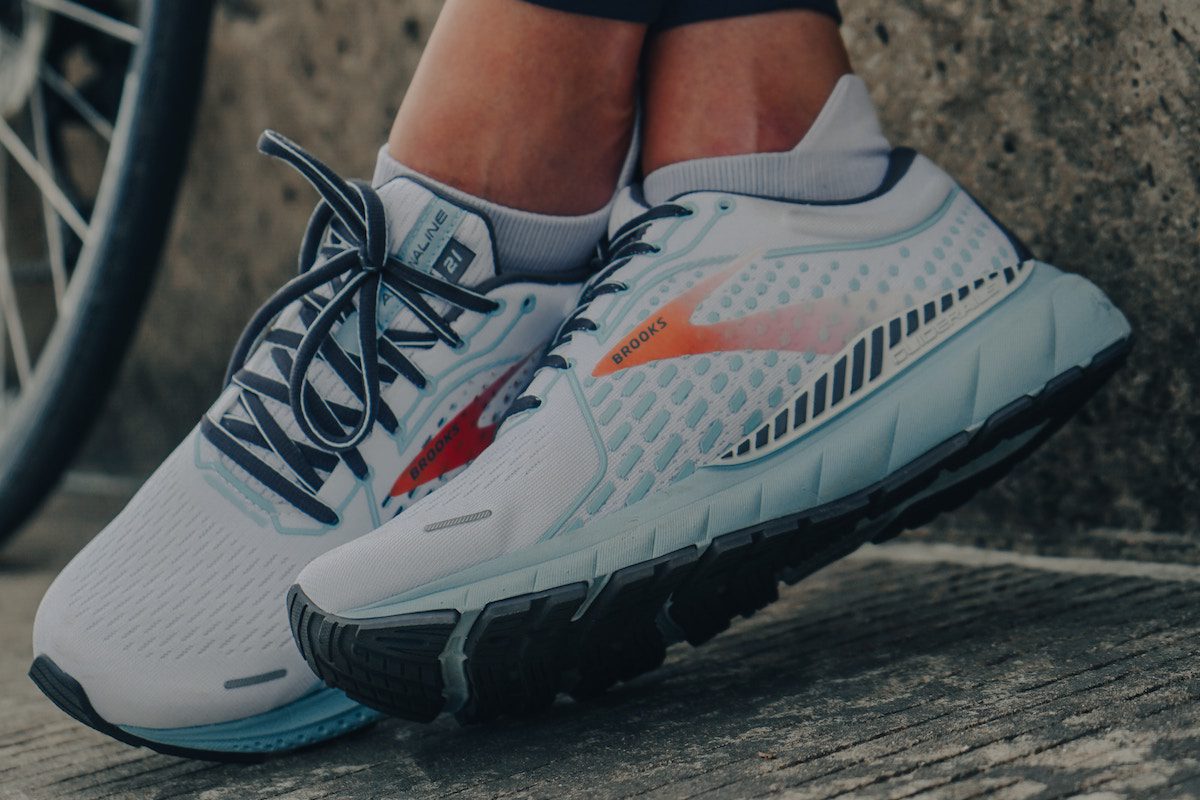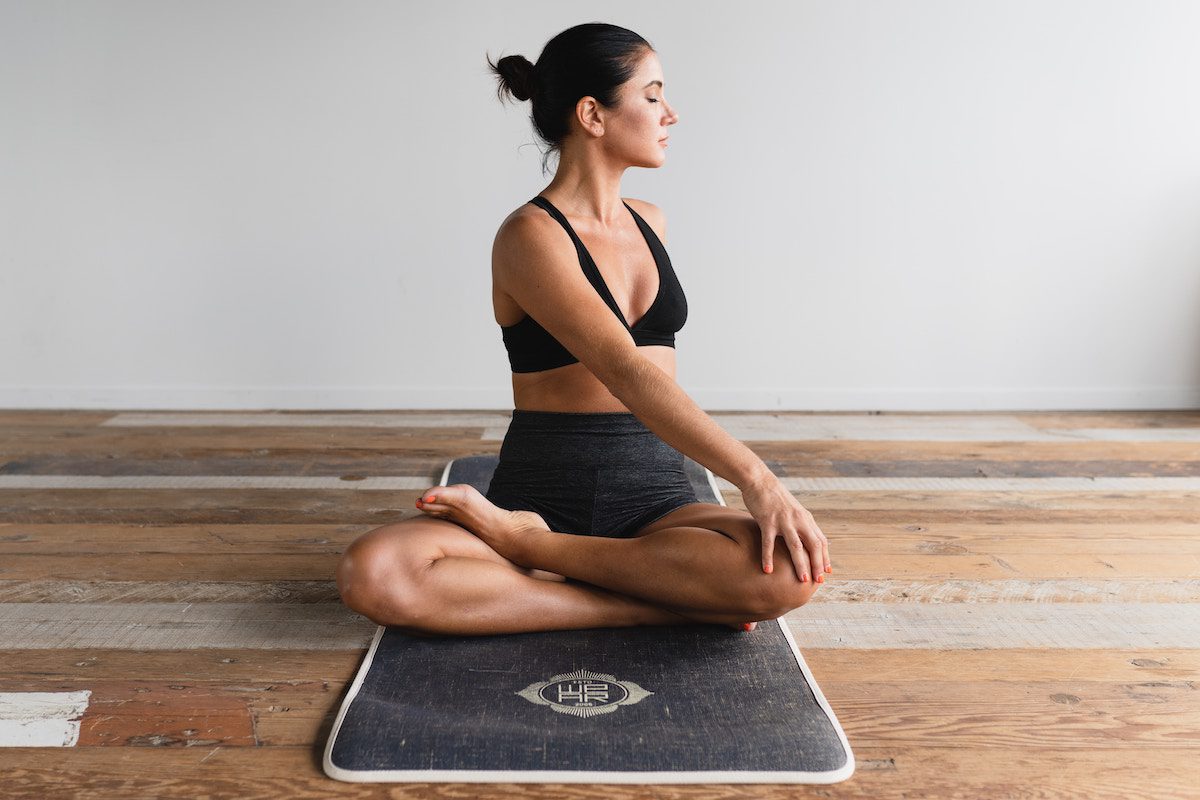How to Recover During Half Marathon Training
When training for a half marathon, it’s easy to put all of our energy into the preparation process. We may ponder questions like: How much do I want to strength train? Should I do speed work? How long does it take to actually run 13.1 miles?
When I ran my first half-marathon, I asked all of these questions. However, the only thing I thought about when I was finished my race was: How many pieces of pizza am I going to have for dinner? Transparently, I tried to eat a piece of pizza for each mile I ran, which, in retrospect, only gave me a stomach ache.
Now that I have a few half-marathons under my running belt, I have learned a few things about how to make post-race recovery effective – and yes, sometimes it involves a slice or two of pizza. Below I will talk about what it means to practice “pre-covery,” getting back to the basics, and some fun technologies that can support the recovery process.

How to precover for your half marathon
While “precovery” is not exactly a real word, it describes actions take to support the recovery process before you run your half-marathon. Below are a few tips for how to best recover from your half marathon – before race day even hits:
Practice your half marathon recovery throughout training
Your weekly long runs are a great opportunity to practice recovery techniques like getting proper sleep, staying hydrated, eating nutritionally balanced meals, and stretching.
Take advantage of the taper time at the end of training
Most endurance training plans include a period of one to three weeks before the race that involve reducing your training load. While it’s normal to feel anxiety during these down weeks, they exist to allow your body to recover from the challenging work it has done in training. If you do not taper, you are likely to show up to race day feeling fatigued and at risk of injury.
Complete a proper warm-up before your race
Warming up before any vigorous exercise is important, but it is particularly important on race day. Completing a warm up will support blood flow, protect joints and ligaments, can diminish race day nerves, and will literally keep you warm. A proper warm-up typically involves stretching, walking or light jogging, strides, and light massage of sore or tight muscles.
The three most important parts of half marathon recovery
You have now precovered and completed your half-marathon training. Congratulations! You probably feel great due to all of the endorphins that are now flowing through your body. To continue to feel great throughout half marathon training, it is important to engage in the three most important pieces of recovery: hydration, nutrition, and sleep or rest.
Hydration and recovery
The amount of hydration that you need to do during and after your race will depend on how your body sweats and the weather on race day. To learn how much fluid your body typically loses in a run, go here. A general rule of thumb is to have at least sixteen ounces of water after your race or to drink one and half times the fluid that you have lost while running. It is also important to have fluids that include electrolytes like Nuun or Gatorade to support salt lost through sweat.
Nutrition and recovery
While you are hydrating, I hope you are also in search of your post-race meal. After you finish any run, it is important to refuel your body with proteins and carbohydrates. You will want to have a four to one ratio of carbohydrates and proteins within thirty minutes of finishing your race. Carbohydrates support your body in replacing the glycogen that it lost while racing and protein will help with muscle recovery.
Sleep and recovery
Once you have hydrated and fed yourself, it is important to rest. Resting may include taking naps and sleeping a bit more than usual. You may also want to take an intentional break from vigorous exercise. Walking, cycling, and light jogging may be useful in the days after your race, but if your body is telling you it needs a break, it is perfectly valid to take time off.
Best recovery tools for running
While nutrition, rest, and hydration are the keys to recovery, there are many other tools that you can utilize to support your recovery. I will caution you, some recovery tools come with a high price tag. Try tools out before investing in them to see if they work for you. Below are some of my favorite post-run tools:
- Foam roller: Using a foam roller after a race can help you break up knots and adhesions in your muscles and release fascia. Basically, using a foam roller helps break up tight muscles which leads to faster recovery.
- Compression boots: If I could only use one recovery tool for the rest of my life, it would be my Air Relax compression boots. Compression boots support increased blood flow which helps to flush out waste buildup and to relieve sore muscles. If boots are not in your budget, you can use compression socks or lay on your back with your legs up a wall for a similar effect.
- Massage gun: As the name states, massage guns target specific muscles to break up knots and adhesions while also reducing inflammation. Massage guns may be pricey at first purchase, but they’re much cheaper and more convenient than paying for consistent sports massages.
- EMS muscle stimulator: This tool works by contracting your muscles to promote blood flow, flush out lactic acid, and oxygenate muscles. While I have not used one myself, I have heard anecdotal reviews stating they are amazing for rehabbing localized injuries.
Now that you have achieved an amazing accomplishment by completing a half-marathon, I hope some of these tips can help you continue to feel strong and not too sore as you recover from your race. Prioritizing recovery will allow you to feel your best sooner – which will help you begin to work on your next big goal.


